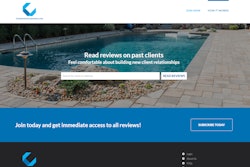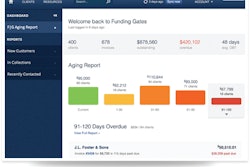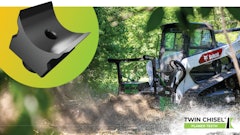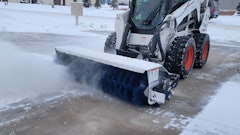1. Be Organized – Use professional forms to vet customers and outline agreement terms. Use invoicing software to manage accounts.
2. Use the Credit Limit – Extend more moderate terms with customers and let them know they can work their way up to more flexible terms.
3. Communicate – Customer relationship management is vital. If you have a strong and healthy relationship with a client, they are not going to want to jeopardize that.
4. Start Early – A week before payment is due, send a friendly reminder reiterating the due date and payment options.
5. Don’t Wait – The longer you wait to collect, the harder it is. Go straight after late payments as soon as the due date has passed.
6. Send Reminders – Some customers don’t pay simply because they forgot. Send a reminder as soon as the payment is past due.
7. Stay Professional – The worst thing you can do when it comes to a late payment is let emotions cloud your decisions and affect your actions.
8. Collection Call – After you have sent the letter and still have not received payment, it’s time to call the customer.
9. Prepare for Excuses – Get acquainted with the most common excuses for late payment and learn how to respond to them.
10. Installment Plans – Having a customer pay you back in smaller amounts over time is better than no payment at all.
11. Finance Charges and Rewards – Whether it’s consequences for paying late or rewards for paying early, give customers incentive to pay.
12. Outside Resources – Know when to seek help. Consider alerting credit bureaus and using a debt collection lawyer.
13. The Experts – Do your research and find a company that will get you paid and treat both you and your customers well.
To learn more about Funding Gates, an online receivables manager, visit greenindustrypros.com/10990534.
Meredith Wood is the community director for Funding Gates. To read the full article, visit blog.fundinggates.com.




















